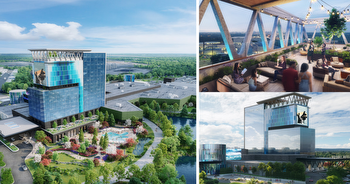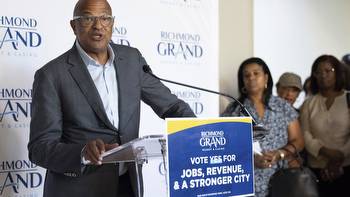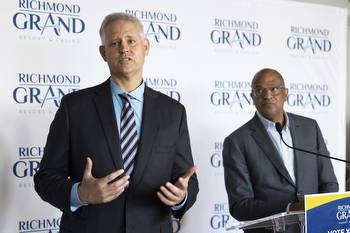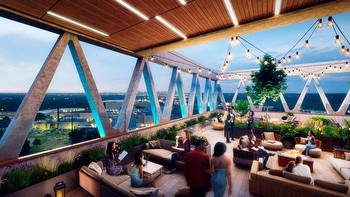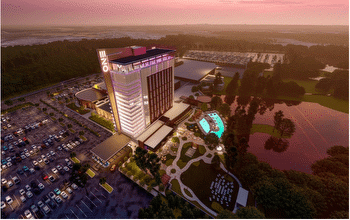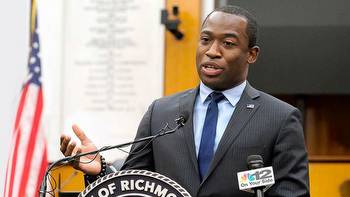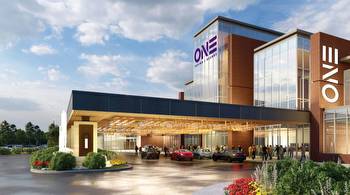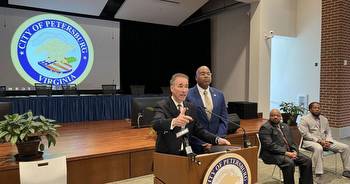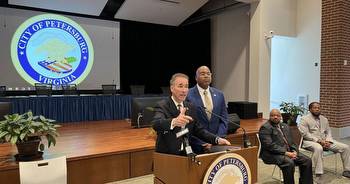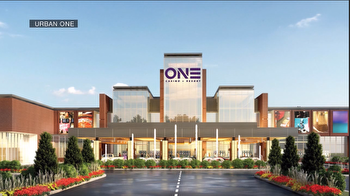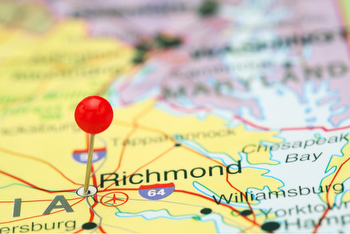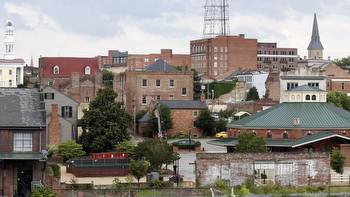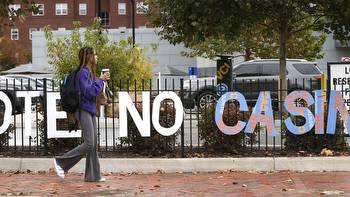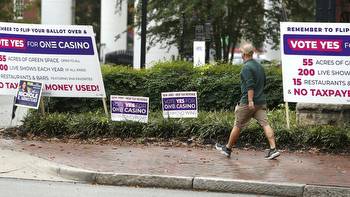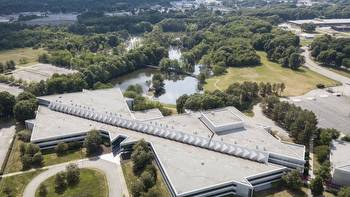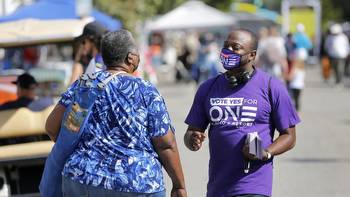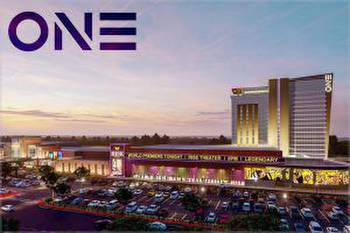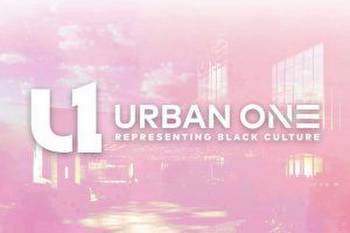Pro-casino effort in Richmond, Virginia, concedes defeat in second referendum

RICHMOND, Va. (AP) — The developers of a proposed resort casino in Virginia’s capital city conceded a loss Tuesday night in their second shot at winning voters’ approval for the project.
“We are proud to have run a community-centered campaign to create more opportunities for residents of this great city to rise into the middle class. We are grateful to the thousands of Richmonders who voted for good jobs and a stronger city, especially those in Southside who poured their hearts into this project,” a statement from the Richmond Wins, Vote Yes referendum committee said.
The Associated Press has not yet made a call on the ballot measure, which came before voters again after the city narrowly voted down a similar project in 2021.
The developers returned with a retooled proposal and invested around $10 million into a pro-casino campaign aimed at building support for the project, which had the backing of Mayor Levar Stoney and major area business groups.
The proposal also faced a lesser-funded but organized opposition effort. Many of the anti-casino signs that dotted the city in recent weeks emphasized the fact that the city already said “no” once before.
The project — this time branded the Richmond Grand Resort and Casino — would have been located on the same former tobacco company site just off I-95 in south Richmond that was identified in the first proposal. It was a joint venture between Urban One, a media company, and Churchill Downs, the Louisville-based operator of the Kentucky Derby that also runs gambling establishments across the country.
Plans called for gambling options including slots, an on-site sportsbook and table games; a 250-room hotel; a 55-acre (22-hectare) outdoor park; dining options; and a 3,000-seat concert venue.
Boosters estimated the casino would deliver 1,300 permanent jobs, and developers are promising big financial benefits.
Opponents raised an array of concerns, including an argument that casinos will extract wealth from the working class and exacerbate problem gambling.
In the waning days of the campaign, the developers had to apologize to a leading project opponent, longtime Democratic Party activist Paul Goldman, after a radio host on an Urban One station made widely condemned antisemitic remarks about Goldman.
In 2020, Virginia politicians opened the door to casinos by approving legislation allowing five to be built around the state if the projects first secured voter approval. Supporters argued the casinos would give a dramatic economic boost to struggling areas.
Three have opened so far — in Bristol, Portsmouth and Danville, all relatively near the state line with North Carolina. A fourth is slowly moving forward in Norfolk.








